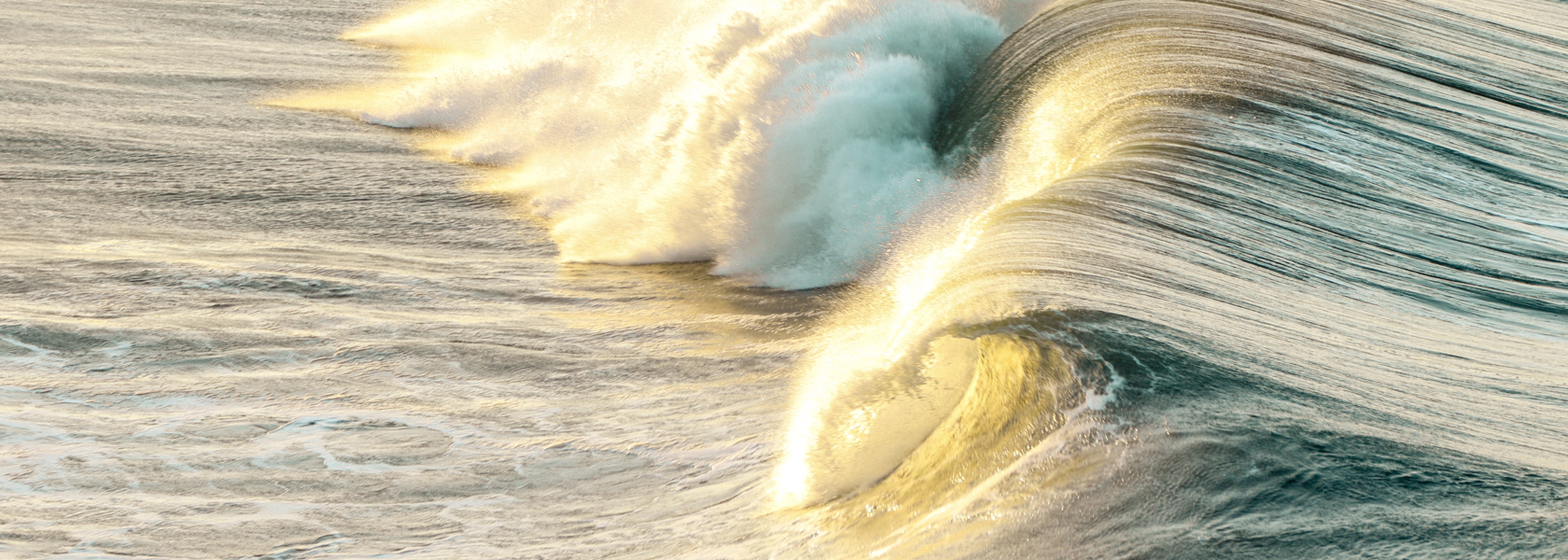The Influence of Desire
The conditions, circumstances and events of our lives are shaped from the origin of our desire.
There are four types of desire that influence our lives: the innate desire to survive, a desire based on a perceived need (what we feel we want or lack), an unconscious desire shaped by past beliefs, and a desire communicated by our higher consciousness.
The natural drive of desire is crucial to our survival. Without a strong feeling of desire we wouldn’t take part in the things necessary to survive, like eating food, caring for our environment, working to sustain our lives, and the procreation of new humans.
We almost always tend to follow the desire that dominates our minds. A feeling of desire determines what we focus our attention on, it affects the choices we make, and how we direct our actions in life.
Desire shaped by social conditioning will lead us to the pursuit of pleasure and the obtainment of the physical, but we may be surprised when the fulfillment of our desires does not lead to lasting happiness.
Desire is a strong feeling and it has a powerful influence on our lives. We can become obsessed with the desire to achieve a particular outcome, yet if the outcome we seek is in some way to prove we are worthy, or to gain power over others, we will ultimately find the attainment of our desires unfulfilling.
We often do not understand the underlying motivation of our feeling of desire. We may seem clear about what we want to obtain, yet what we are actually seeking is the feeling derived from its obtainment, not what we actually receive.
Our desires can be complicated. Sometimes what we feel we want is different from what we believe we should have. Unconscious belief patterns can prevent us from receiving the exact thing we desire. We can have a strong desire to be loved, yet at a deeper level if we believe we are not worthy or deserving of love, our primary desire to be loved will be overcome by our strong belief that we are not lovable.
We can also have desires which are not in alignment with our soul path, creating a conflict between our earthly desires and those derived from our consciousness. Once we know that a desire is true to our highest purpose, we can focus our attention on it, concentrating on the specific action needed to ensure its fulfillment.
Tuning in to our feeling of desire, we become aware of our attachment to seek what feels good and to avoid that which brings discomfort. Bringing light to our attachments will lead us to our fears, and what it is we are protecting ourselves from.
Through deeper exploration we can move beyond the outcome we are seeking, to discover what is at the heart of our desire. We can invite into our awareness the feeling of desire which is being expressed in the moment. By understanding what our desire is trying to tell us, we can learn more about ourselves and our lives.
As we begin to perceive our desires in a new way we can more easily determine what underlying thoughts and feelings are driving us. We can begin to align more often to the desires prompted by our higher consciousness, enabling us to move out of old patterns that keep us repeating the same behaviors which result in the same outcome.
When we realize that our expression of desire is the energetic currency of life, we will take great care to deeply understand the origin of our desires.
Photograph by Jeremy Bishop


